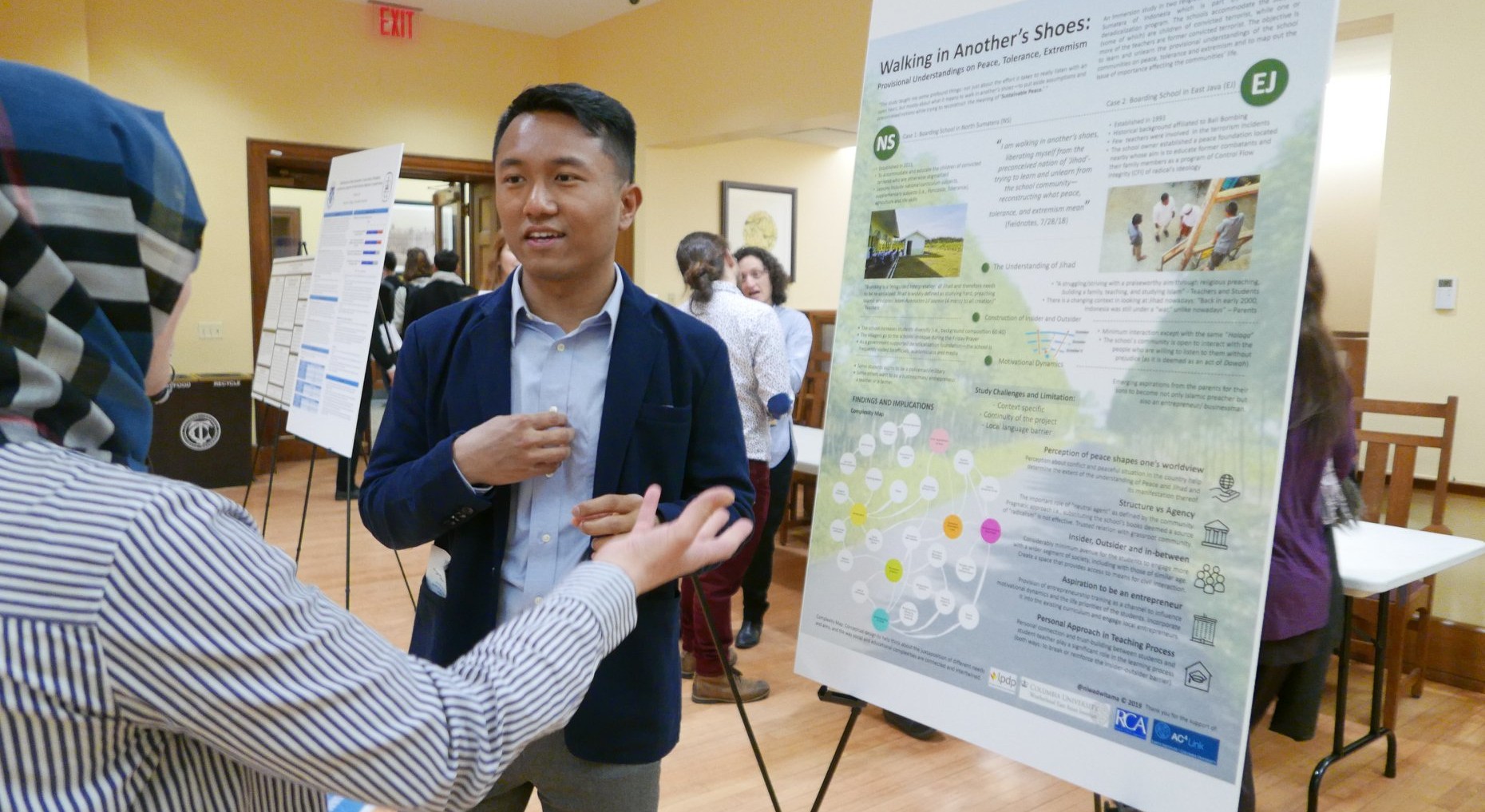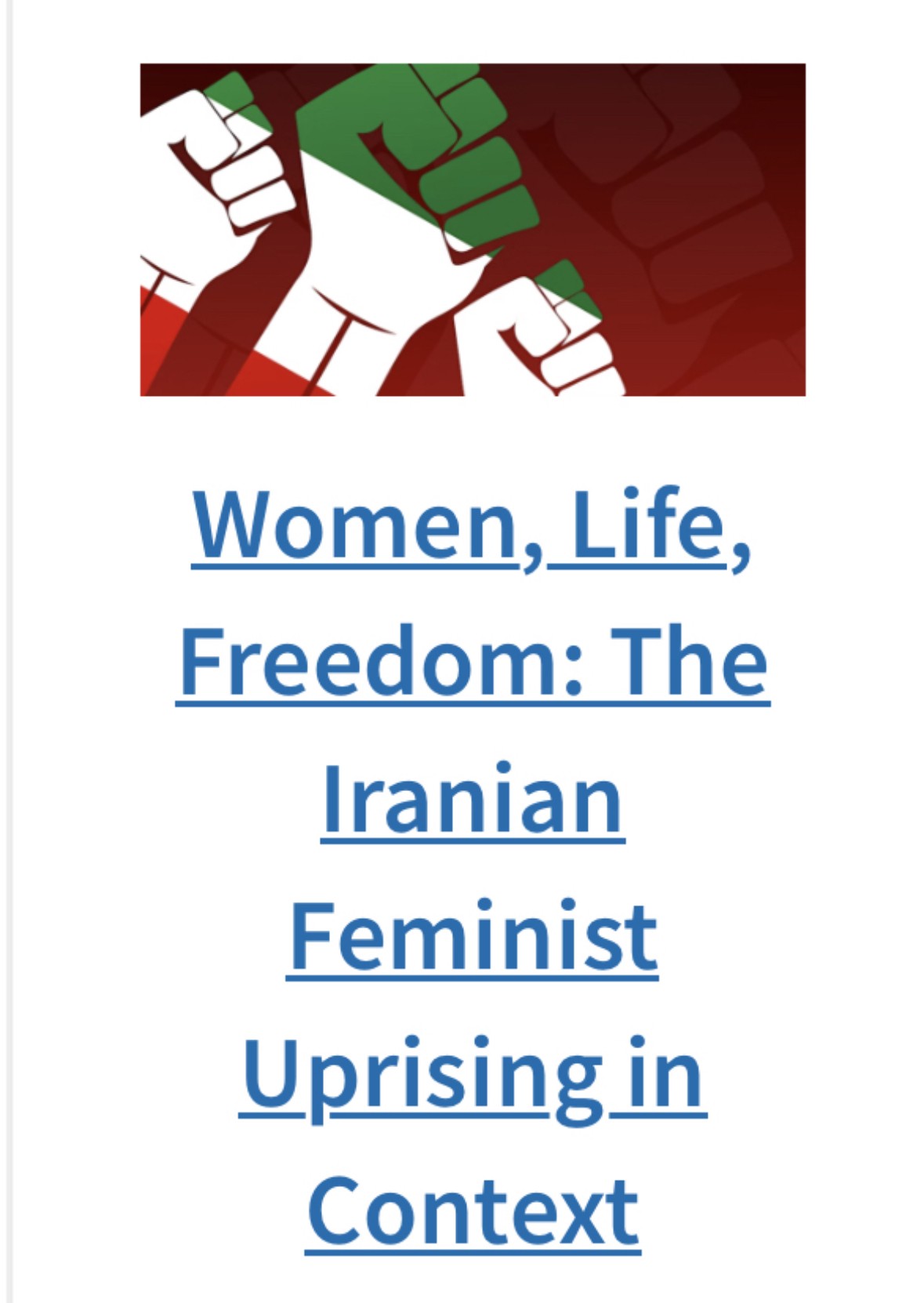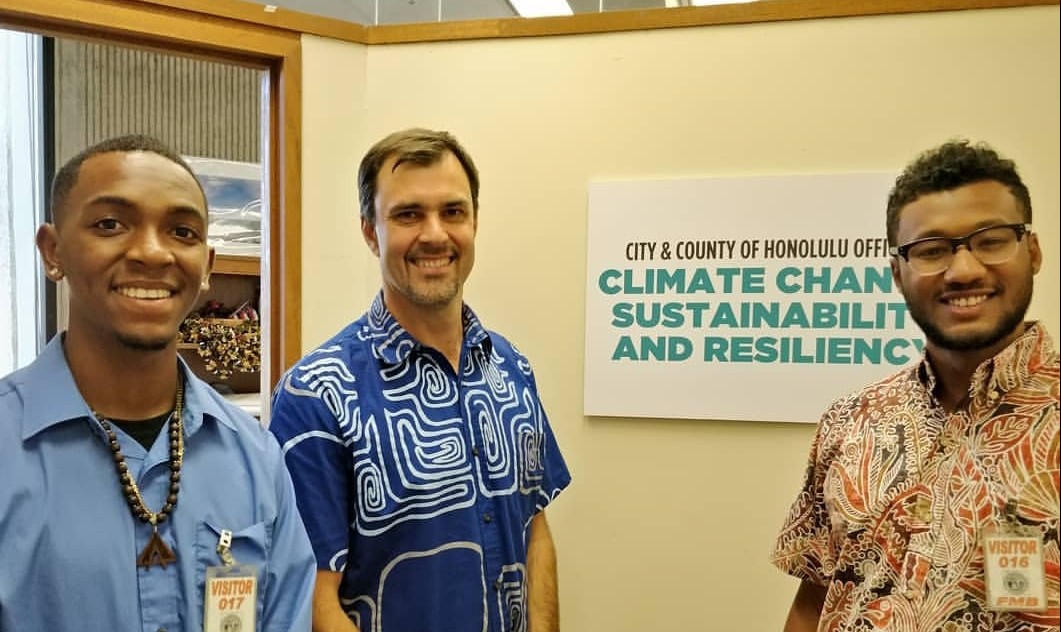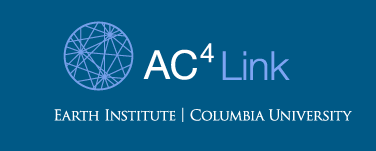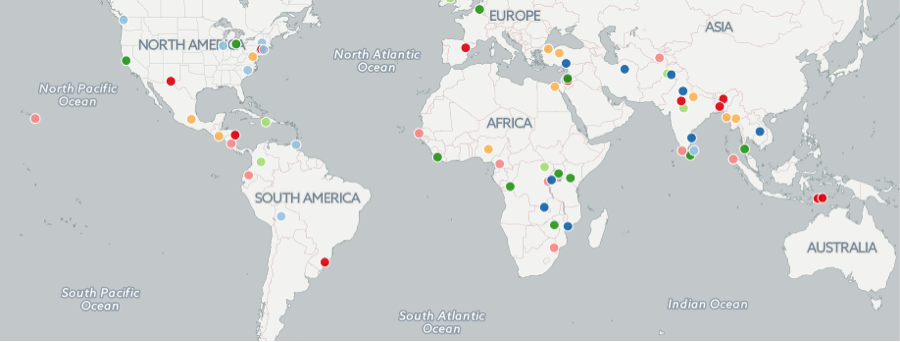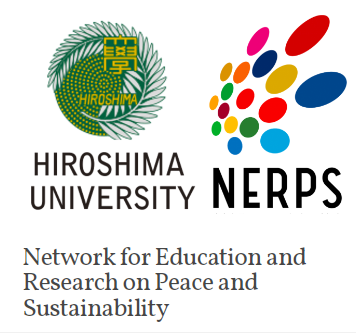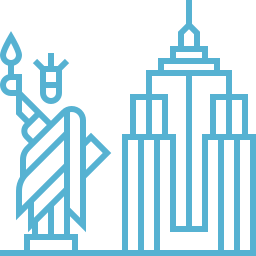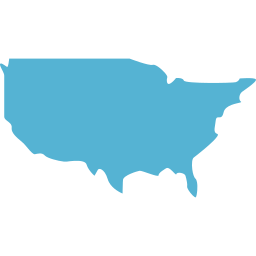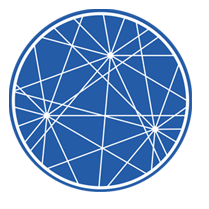
AC4 has been and continues to be the Social Sustainability hub of Columbia University by building bridges across academics, researchers, policy makers, and practitioners working at the nexus of peace, conflict, and sustainability. Through our public engagement programs and digital platforms, including our online database AC4 Link, we help students and the diverse members of our network learn from each other’s unique experiences and perspectives.
Each year, our research center convenes local and global knowledge sharing events, conferences, and outreach programming around the topics of social sustainability, justice, peace and conflict. The Sustaining Peace Form (SPF), and/or our Perspectives on Peace Series (POP) invites leading scientists, policy makers, artists, and activists to Columbia University to discuss pressing issues around peace, social & environmental sustainability. Our portfolio of International conferences allows us to have a global outreach, while our fellowship and internship programming allows us to help foster future sustainability leaders. We've provided over a million dollars of support to students in the form of fellowships, internships and professional development opportunities.
Global Outreach & Initiatives
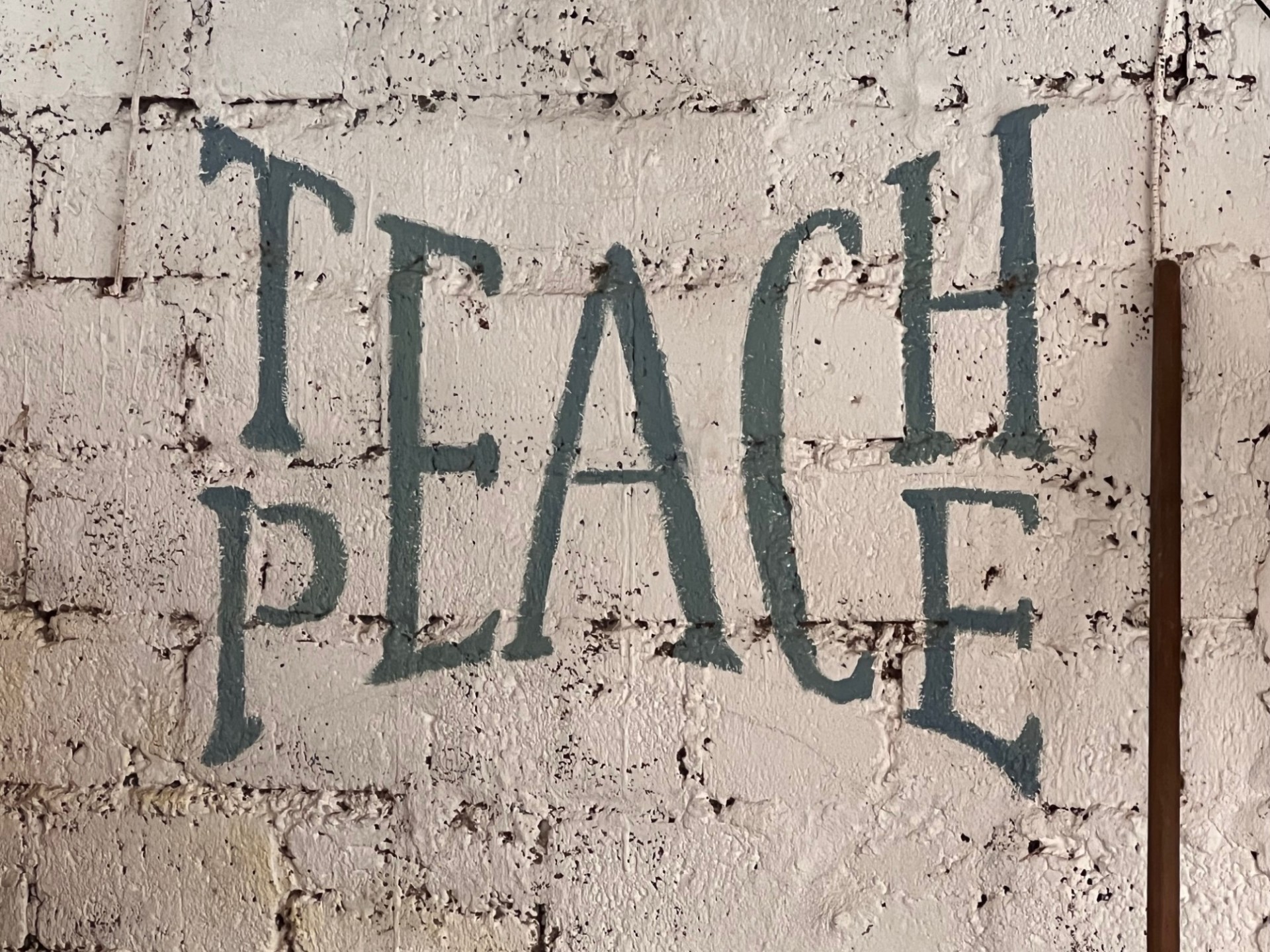
.
Featured Content
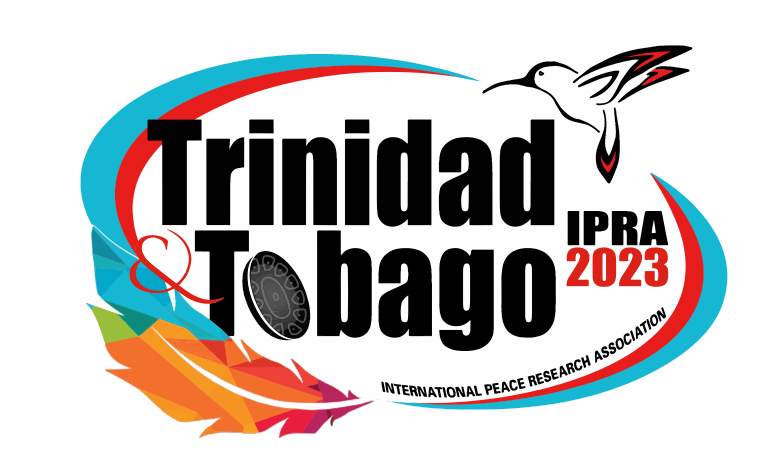
The theme of Rooted Futurities: Collective Visions of Peace and Justice will be explored via research presentations, workshops, art exhibits, and various plenaries. The IPRA Conference will take place in Trinidad and Tobago in May 2023, with AC4 as a co-sponsor.
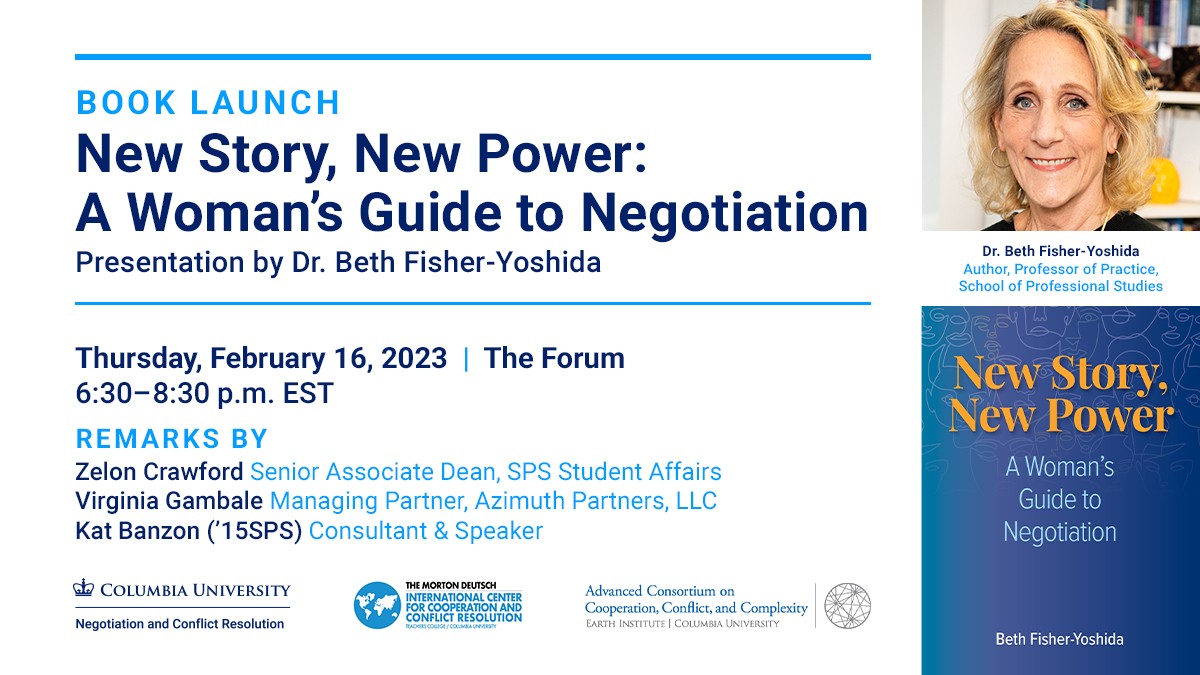
In partnership with NECR, AC4 cosponsored our Executive Director, Dr. Beth Fisher Yoshida’s, book launch on February 16, 2023
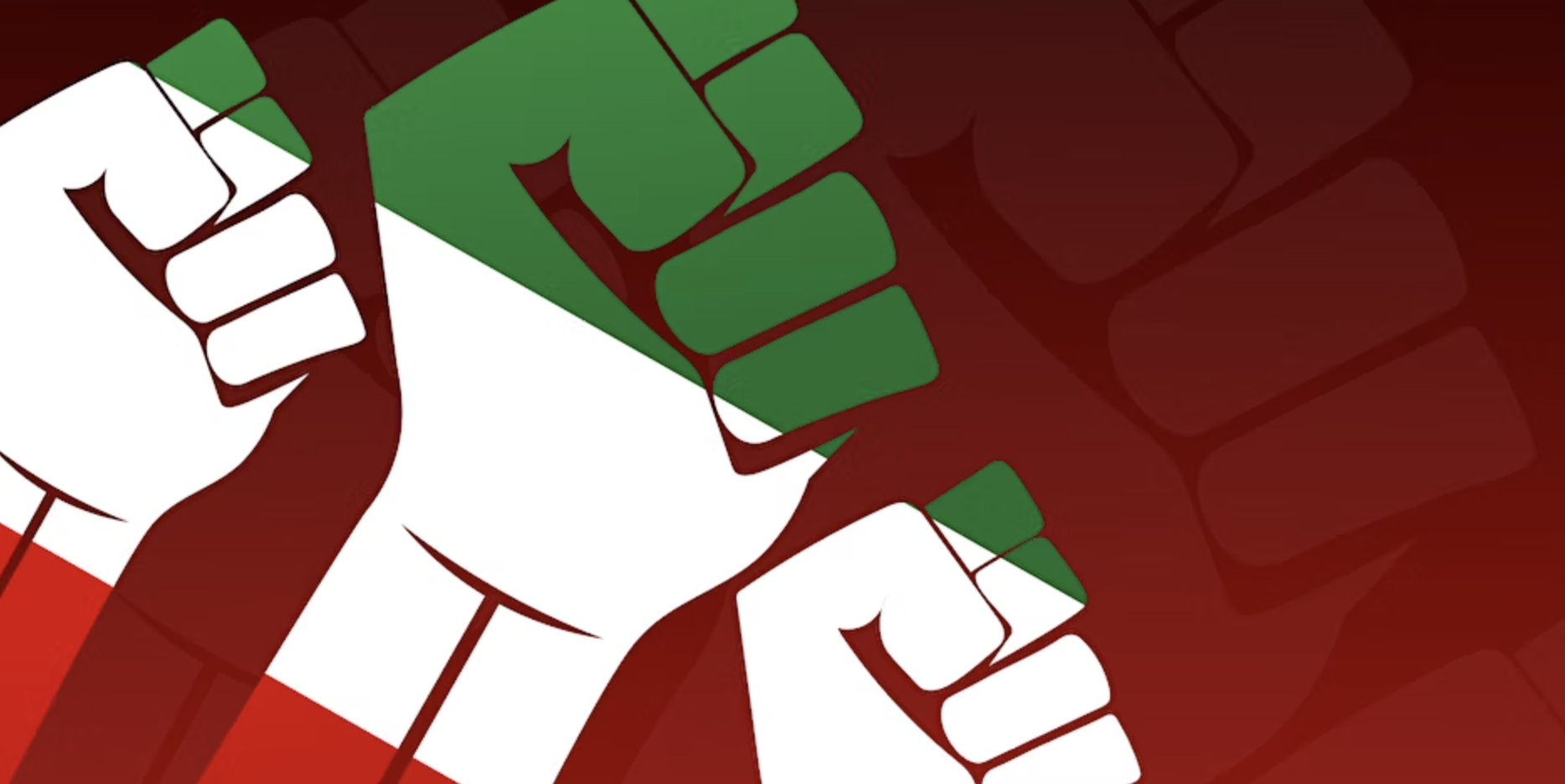
AC4 co-sponsored Women, Life, Freedom: The Iranian Feminist Uprising in Context alongside the Athena Center for Leadership at Barnard College on October 17, 2022.
Join Barnard faculty member Manijeh Moradian and attorney and advocate Azadeh Shahshahani for a conversation about the women-led protests in Iran that have captured the attention of women around the world. What are Iranian women and men fighting for, and why? How can we understand this uprising in the historical context of Iranian society and also in relation to movements against patriarchal authoritarianism globally?
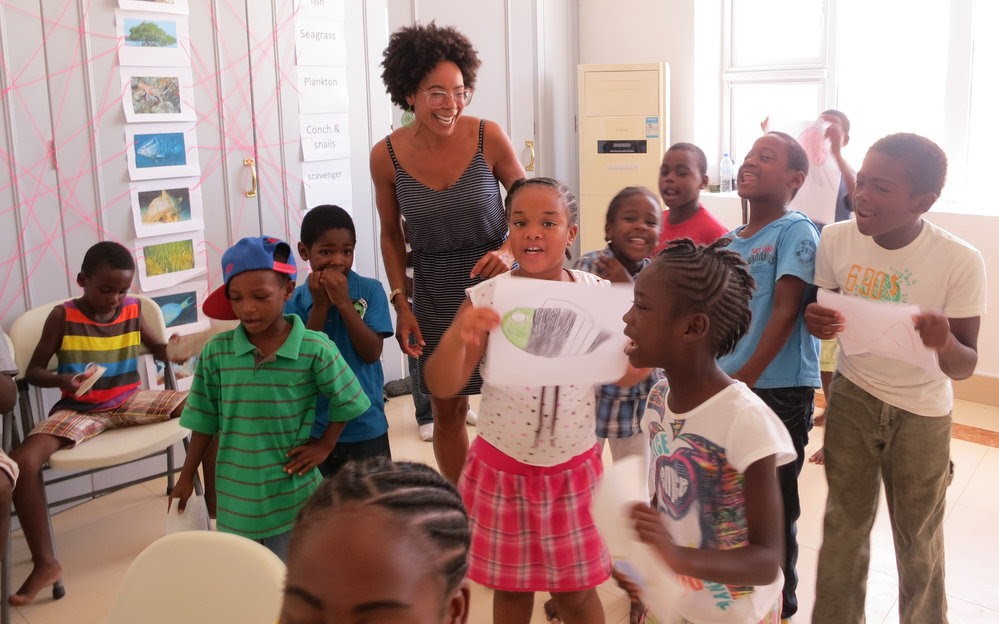
Ayana Elizabeth Johnson is a marine biologist and policy expert who promotes environmental justice and coastal care in communities in New York and elsewhere. Read about how her work in the intersections of marine biology and social justice.


